University of Minnesota head football coach Jerry Kill’s struggle with seizures has been a very public one.
Always up-front about his condition, he has been the subject of countless articles and profiles. Along the way, he has been lauded as a public spokesperson for a disease that for many remains shrouded in misconceptions.
“Some of those (health) struggles have returned and I don’t want to cheat the game,” an emotional and subdued Kill said at a mid-morning press conference Wednesday, during which he announced his retirement after battling seizures since 2005.
He mentioned he suffered two seizures before a recent practice and had ongoing sleep issues.
“I don’t have any more energy,” he said. “None. I’ve left it all here in the great state of Minnesota. And I have no regrets.”
With a game against the University of Michigan coming up on Halloween night, defensive coordinator and longtime Kill assistant Tracy Claeys, who filled in as interim coach in 2013, will again take the reins of the program.
A coach’s legacy
Two years ago, Coach Kill suffered a seizure on the eve of a home game against Michigan, forcing him to miss seven games that season. Despite this disruption, the Golden Gophers finished with an 8–5 record and the American Football Coaches Association named Kill the Football Bowl Subdivision Region 3 Coach of the Year.
Last year, en route to Big Ten Coach of the Year honors and an appearance in the Citrus Bowl, he led his squad into The Big House in Ann Arbor to defeat the Wolverines 30-14 and recapture the Little Brown Jug on the road for the first time since 2005 and only the third time in the rivalry since 1962.
“I’d like to thank Doc Smith in Grand Rapids, Michigan,” a jubilant, Gatorade-soaked Kill told an ESPN reporter right after his team walloped the Wolverines on Sept. 27, 2014.
The “Doc Smith” Kill referred to is Brien Smith, MD, co-chair of the department of clinical neurosciences and chief of neurology at Spectrum Health Medical Group. Dr. Smith is also the former chair of the Epilepsy Foundation.
Dr. Smith leads a team of specialists in Spectrum Health’s Level 4 Epilepsy Program who aim to provide the highest level of medical and surgical epilepsy evaluation and treatment for patients with epilepsy.
Athletes vs. Epilepsy
The high-stress world of college football can be a difficult one in which to control seizures.
According to the Epilepsy Foundation, the list of triggers, or causes, of seizures includes sleep deprivation, bright lights, stress, caffeine and poor diet—all potential components of a work environment that includes long hours, constant stress and a great deal of travel.
According to the Epilepsy Foundation:
- 65 million people around the world have epilepsy.
- More than 2 million people in the United States have epilepsy.
- 1 in 26 people in the United States will develop epilepsy at some point in their lifetime.
- There are 150,000 new cases of epilepsy diagnosed in the United States each year.
- One-third of people with epilepsy live with uncontrollable seizures because no available treatment works for them.
- In 60 percent of cases of epilepsy the cause is unknown.
The Epilepsy Foundation is focused on helping people with epilepsy know all their treatment and therapy options as they strive to become seizure-free.
There are a number of ways to become involved, including joining Athletes vs. Epilepsy to raise funds for new therapies for people living with epilepsy and seizures, and participating in events like the National Walk for Epilepsy.
Earlier this year, the Kill family founded the Chasing Dreams fund through the Epilepsy Foundation of Minnesota, to support seizure-free initiatives in schools and Camp Oz, a specially designed camp for young epilepsy patients.
“Coach’s courage and passion are an inspiration for the nearly 3 million people in the U.S. who live with epilepsy. We are proud he is an ambassador in our Athletes vs. Epilepsy initiative,” said Phil Gattone, president and CEO of the Epilepsy Foundation in a statement. “Coach and the Minnesota Golden Gopher family have been great partners and friends in helping raise awareness of epilepsy and supporting our mission. We look forward to continuing our partnership and friendship.”
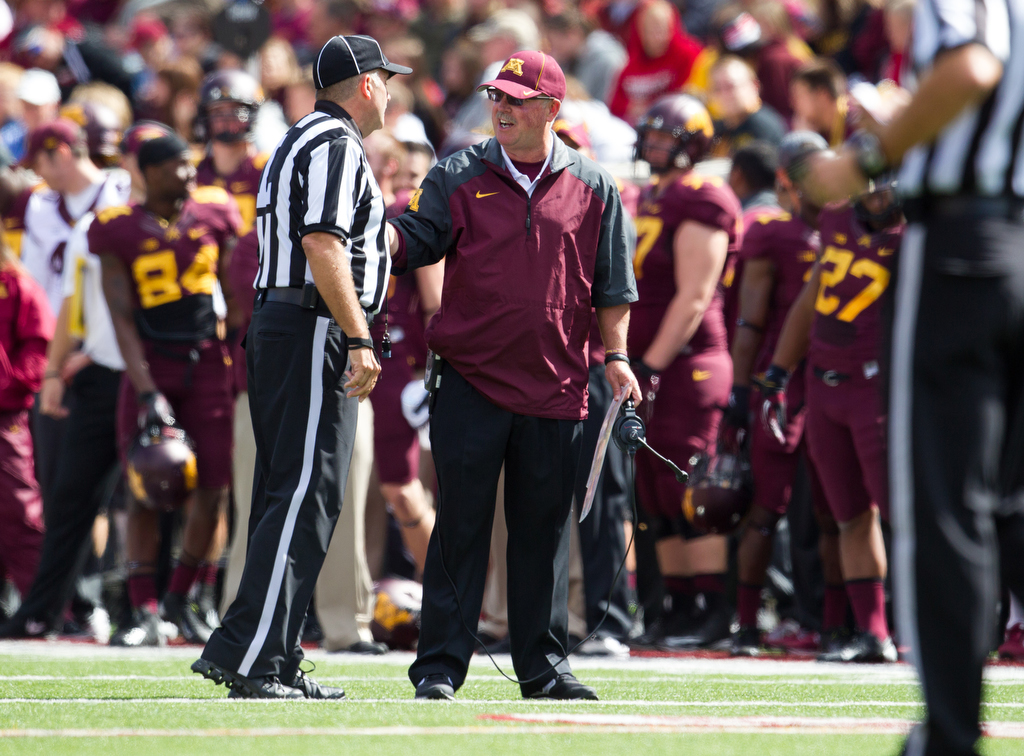
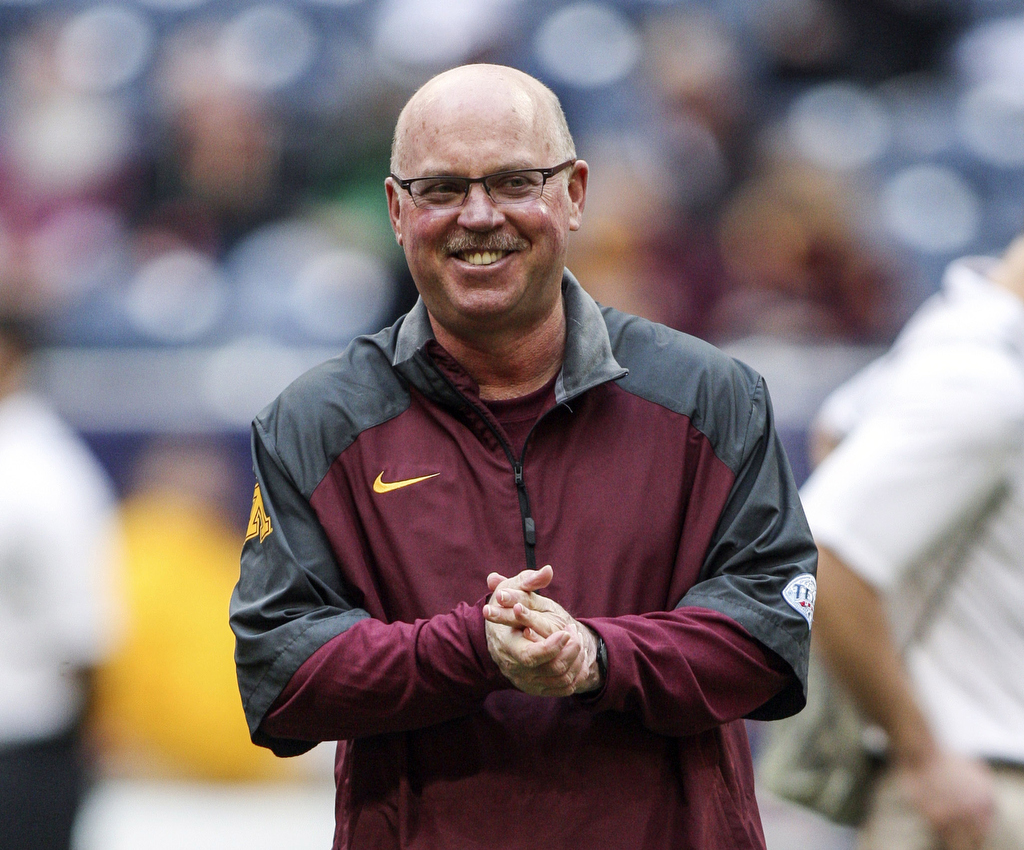
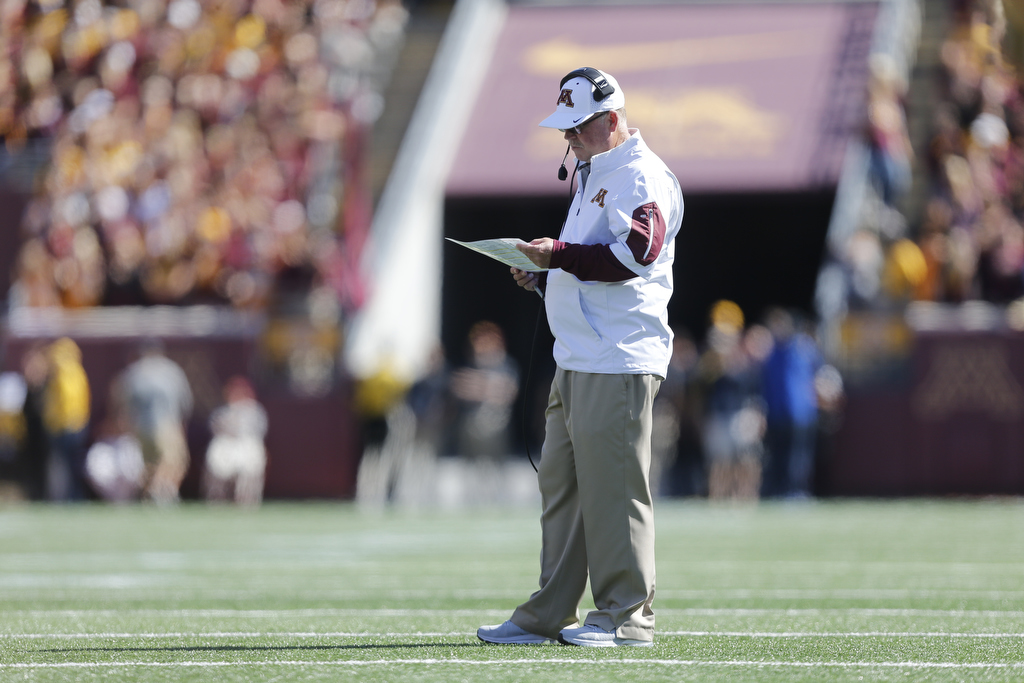

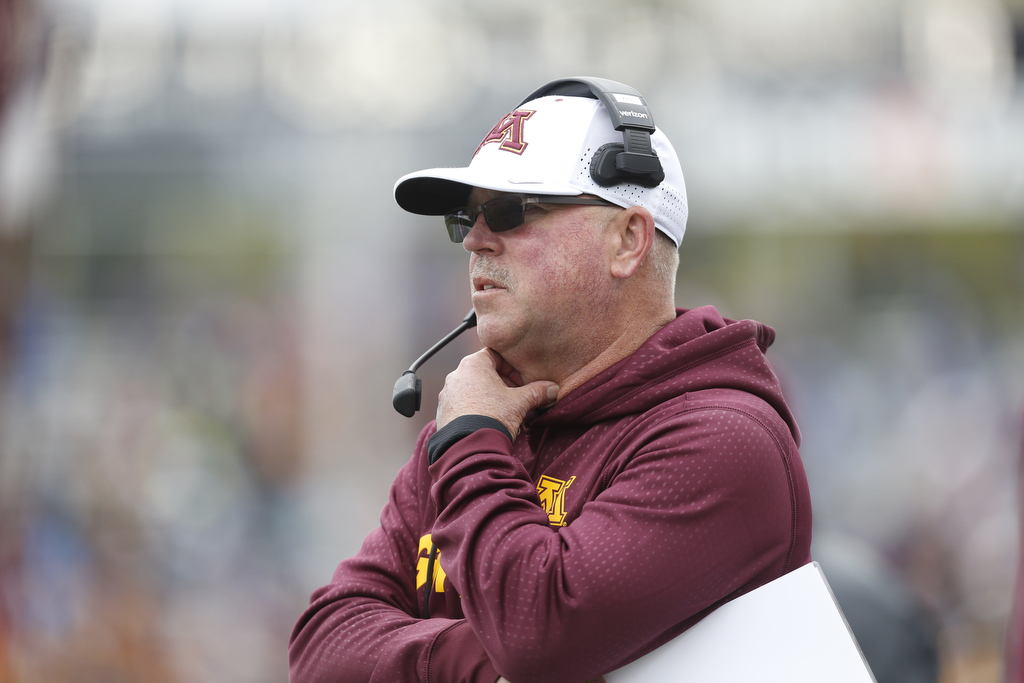
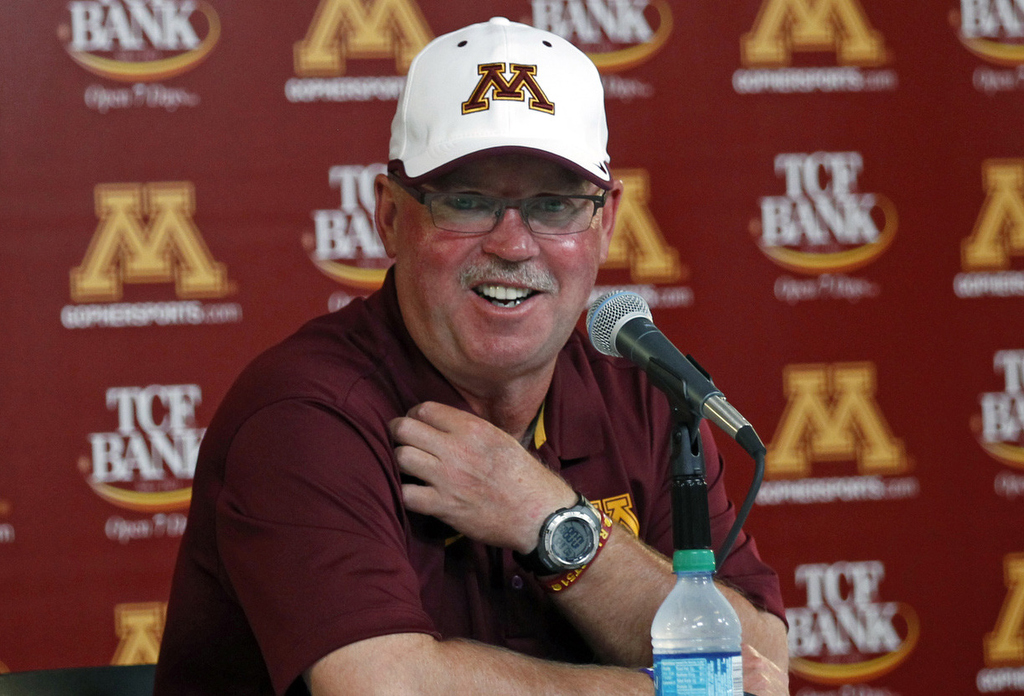
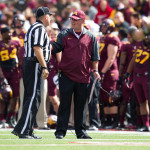
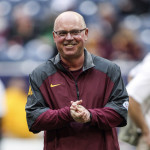
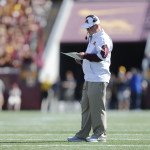


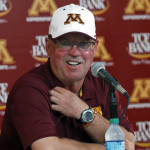
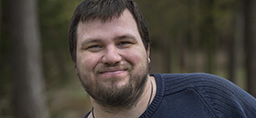 /a>
/a>
 /a>
/a>
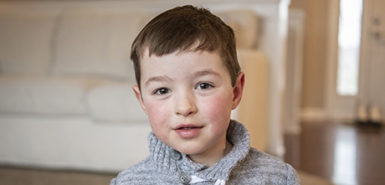 /a>
/a>